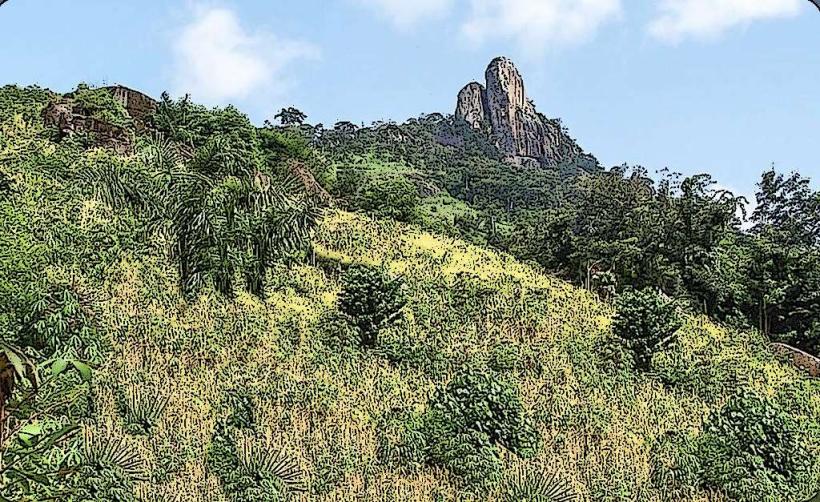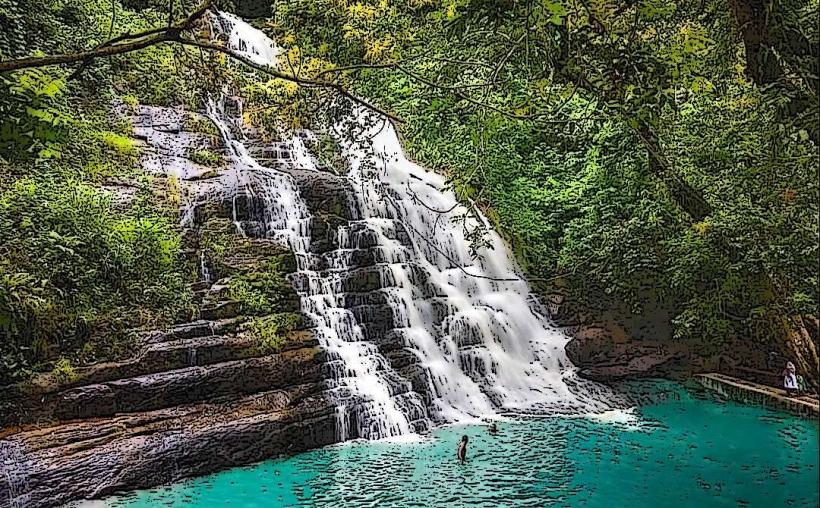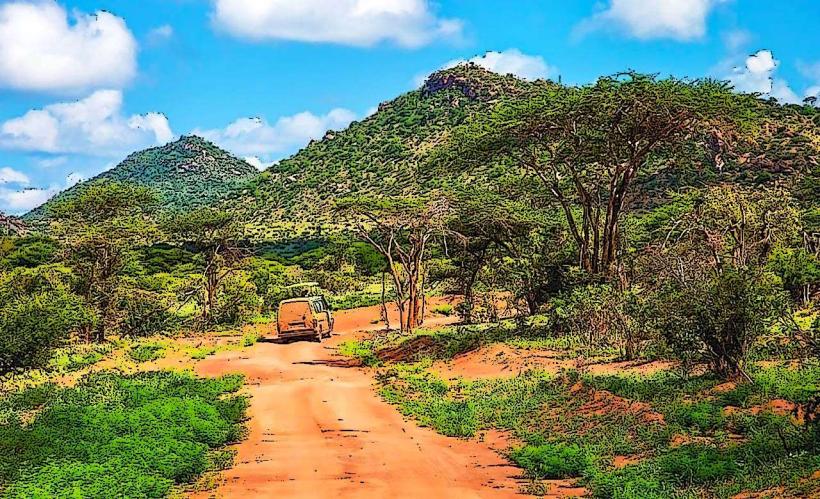Information
City: ManCountry: Cote d-Ivoire
Continent: Africa
Man, Cote d-Ivoire, Africa
Man is the administrative capital of the Tonkpi Region and the primary commercial center of the Ivorian mountainous west. It is situated in a high-altitude valley surrounded by the Dix-Huit Montagnes (Eighteen Mountains) chain, approximately 580 kilometers northwest of Abidjan.
Historical Timeline
Man originated as a traditional settlement of the Dan (Yacouba) people. It was integrated into the French colonial administration in the early 20th century as a strategic mountain outpost. During the Ivorian Civil War (2002–2011), the city was a contested zone, experiencing multiple shifts in control between rebel and government forces. The primary event shaping its current urban form was the 2013-2016 "Presidential Emergency Program," which reconstructed the core road network and rehabilitated public buildings damaged during the conflict.
Demographics & Population
The estimated metropolitan population for 2026 is 245,000. The primary ethnic demographic is the Dan (Yacouba), followed by the Toura and Wobe groups. Significant migrant communities of Malinké (Dioula) dominate the commercial sector. The median age is approximately 18.7 years.
Urban Layout & Key Districts
The city is organized within a natural bowl, with the layout constrained by the surrounding peaks of Mount Tonkpi and Mount Toura. Key districts include the Centre-Ville (market and retail core), the Quartier Commerce (transport and banking), and the Lycée Residential zone. The cardinal orientation is dictated by the main road running north toward Odienné and south toward Danané and the Liberian border.
Top City Landmarks
Mount Tonkpi (The highest peak in the region)
La Cascade (The natural waterfall and rainforest site)
The Dent de Man (A distinct "tooth-shaped" mountain peak)
The Sacred Forest of Monkeys (Forêt des Singes)
The Central Market of Man
Transportation Network
Intra-city transit is dominated by green shared taxis and "motos-taxis." There are no metro or tram systems. Inter-city transport is managed via the main bus station (Gare Routière), with UTB and MT being the primary carriers. Traffic density is moderate but increases significantly on market days (Tuesday) and along the narrow roads leading to the waterfall.
Safety & "Red Zones"
The general safety level is moderate. Security forces maintain a visible presence due to the city's proximity to the Liberian and Guinean borders. Travelers should avoid the forest peripheries after dark. Petty theft is common in the Central Market. Road travel between Man and the western borders (Danané) should be conducted during daylight hours to avoid potential banditry.
Digital & Financial Infrastructure
The average internet speed is 15-25 Mbps. Primary mobile carriers are Orange, MTN, and Moov. Credit card acceptance is very low, limited to the Hotel Les Cascades and major supermarkets. Cash (CFA Franc) is the essential medium for all local commerce. ATMs are available but often experience downtime or long queues in the city center.
Climate & Air Quality
Temperatures range from 18°C (nightly minimum in January) to 32°C. The mountain microclimate provides cooler nights than the coast. Air quality is generally high due to elevation and forest density, though Harmattan dust in January creates a thick haze. Significant weather risk includes landslides during the heavy rainy season (June–September).
Culture & Social Norms
Tipping is not mandatory but 500-1,000 CFA is customary for guides. Handshakes are the standard greeting. Dress codes are conservative; modest clothing is expected, particularly when visiting traditional chiefs or the sacred forest. Alcohol is served in "Maquis," but the city has a more conservative social fabric than Abidjan.
Accommodation Zones
Quartier Lycée: Recommended for quiet, residential stays and higher security.
City Center (near the Cathedral): Recommended for logistical proximity to transport and markets.
Local Cost Index
1 Espresso: 1,000 CFA ($1.65 USD)
1 Standard Lunch (Placali or Rice): 3,500 CFA ($5.75 USD)
1 Shared Taxi Trip: 250 CFA ($0.41 USD)
Nearby Day Trips
Biankouma (Traditional architecture): 45 km
Mount Tonkpi Summit: 15 km (Requires 4x4)
The Liana Bridges of Danané: 80 km
Gouessesso (Cultural village): 55 km
Facts & Legends
Local Dan legend claims that the city was founded by a man named "Man-gbé," who sacrificed his favorite daughter to the mountain spirits to ensure the prosperity of the tribe; her spirit is said to reside in the waterfall. A verified historical oddity is the "Sacred Monkeys" of the forest, which are protected by a centuries-old taboo-local tradition holds that if the monkeys ever leave the city permanently, the city will face total destruction.




